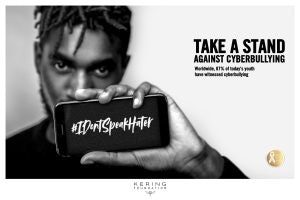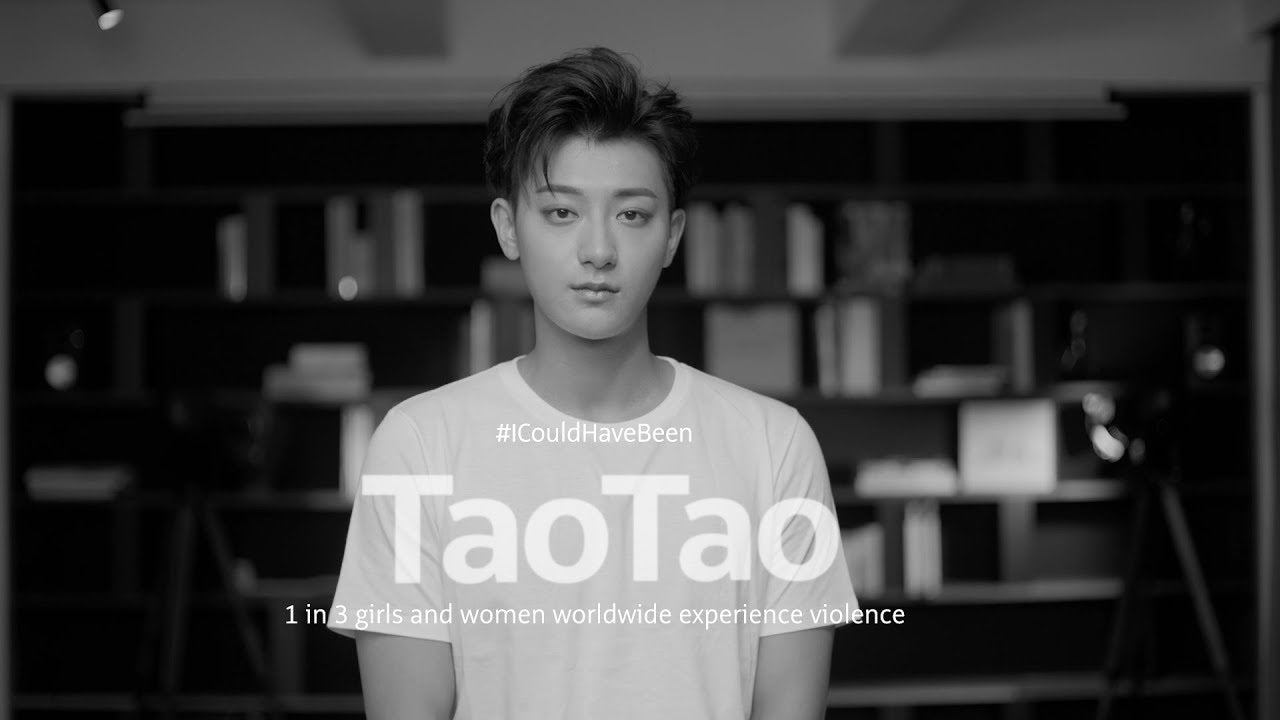In Francis Fukuyama’s Trust: The Social Virtues and The Creation of Prosperity, the author explains the correlation between social trust and economic success. Fukuyama asserts that societies with rampant individualism and mistrust undermine economic progress. Broadly, Western societies have entered a dark age of skepticism, where individuals have become suspicious of good deeds and positive values.
Luxury consumers, in particular, experience growing distrust when analyzing the corporate social responsibility programs of premium fashion brands. But given the supply chain scandals of the past years, this attitude is not surprising. Slavery, dire working conditions, child labor, pollution, and violence against workers have blemished the reputation of the luxury world. However, there are certain luxury houses which employ greater transparency. These brands breed and promote a culture of empowerment while prioritizing dignity and mutual respect. The French luxury group Kering is a great example in this direction, being not only a global leader but also a real corporate social responsibility (CSR) trailblazer. For the past decade, through the Kering Foundation, the group has supported programs and initiatives that address problems such as toxic masculinity and violence against women.
Céline Bonnaire, Executive Director of the Kering Foundation told Jing Daily that “François-Henri Pinault founded the Kering Foundation in 2008 to end violence against women after becoming aware of a staggering statistic: one in three women around the world is a victim of abuse.” Indeed, the stats are horrifying, and Céline Bonnaire is right when she says that this “is a universal issue whatever the country, the culture or the social class.”
According to Kering Foundation, on a global level, a third of women become victims of violence during their lifetime. 50 percent of sexual assault victims are underage. In the US, 20 percent of women are sexually assaulted during their college years. In France, every 7 minutes a woman is the victim of penetrative sexual violence, and in China, between 25-30 percent of women become victims of domestic violence.
As reported by the World Health Organization, violence against women has become “a health problem of epidemic proportions,” thus addressing the underlying causes should become a global priority. And that’s exactly what Kering Foundation does through partnerships with non- governmental organizations, social disruptors, and public institutions. Bonnaire says that “60% of Kering employees are women and 80% of its customers as well,” hence, it shouldn’t come as a surprise that ending violence against women is prioritized.
Bonnaire told Jing Daily that the foundation works “hand in hand with a limited number of local partners in the three main regions where the Group operates: the American continent, Western Europe and Asia.” Furthermore, it supports “local survivor-centered organizations that provide comprehensive services to women.” And since 2018 the Kering Foundation is also engaged in “prevention programs,” which target younger men like those belonging to the Gen Z demographic.

Through the White Ribbon For Women campaign and the #ICouldHaveBeen initiative, youngsters are educated to identify the risks of violence against women and “understand the victims' experience.” The #ICouldHaveBeen campaign starts from the idea that expecting parents select both a female and a male name for their unborn child. The concept is further expanded by notifying social media users that every man could have been a young woman, thus a victim of violence.
Apart from social media campaigns, the Kering Foundation also works with civil organizations and NGOs such as U.S. based organizations Callisto, Promundo, and the New York City Alliance Against Sexual Assault with which it partners on Project DOT, HER Fund in Hong Kong, and various institutions that develop programs targeting the wellbeing of refugee and migrant women.
Additionally, the Foundation promotes projects that raise awareness about detrimental cultural practices such as female genital mutilation, child marriage, and the so-called honor killings. As stated on Kering’s website “across 29 countries in Africa and the Middle East, over 200 million women and girls have been subjected to some form of genital mutilation,” and in the next decade, 30 million more are in danger of undergoing some form of female genital mutilation.
In China, the Foundation is committed to ending violence against women and it rewarded the Starfish Project with the 2015 Social Entrepreneur Award for its pioneering social work. Starfish Project is a fair-trade, ethical artisan jewelry business which helps vulnerable groups of women through a wide range of personalized services. In the past, the Foundation endorsed The Maple Women’s Psychological Counseling Center (MWPCCB) in Beijing and currently it works with Give2Asia to select a future project to support.
This hands-on approach to philanthropy is quite unique in the luxury retail world. At the end of the day, this is an industry that has great results when it comes to employing women but fails at advocating for their rights. But Kering has a genuine interest in women's empowerment and we can see this in the establishment of a positive workplace environment and the formalization of good HR practices. By integrating gender equality into corporate strategy, Kering has proved that the company aims to create an inclusive and diverse workforce.


